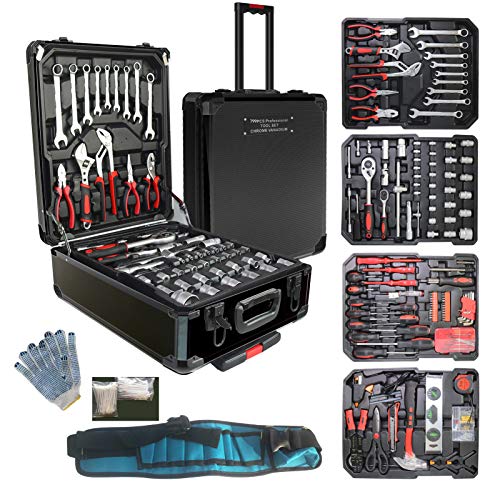I am sure if there was no insulation in your Airstream it would have been a lot more uncomfortable both in the cold and in the heat, imagine 1/16 of an inch of highly conductive alluminium, in sub freezing temparatures then you with a heater that is a bit short of a boiling kettle, never mind condensation you would have icicles, alternatively, behind that alluminium with a hot sun glaring down on it, it would be like being in a nylon tent in the sun. If you were using the wave, a non vented propane heater, at any time you were manufacturing water. I can’t speak for anyone else and everyone’s experience is different, I am a bit surprised by those that are saying that there is no reason to insulate there is a reason we have been insulating our caves for centuries. My own experience in temperature in the low 20’s f or -8 c I had no condensation on my insulated walls or my single glazed Windows when running my vented propane dickenson heater, a bit of condensation on my windows in the morning because I don’ t sleep with the heater on, but a quick wipe and whithin an hour of lighting it all was dried up. I had insulation in my ceiling, and was getting a bit of condensation on the ceiling inside one of my cupboards, I installed another inch of foam insulation with 1/4 tung and grove boards over the entire ceiling including inside the cupboards and that disappeared. Is there condensation between my insulation and my outside wall I don’t know, I did take a section apart after a few years and did not see any mould which was a concern of mine. so if there is some water that forms there it must dry out but I don’t know about everywhere.
I guess if you are worried about a bit of water in between your walls and like being Uncomfortable then don’t insulate, or perhaps undercoat them first to prevent any rusting. I guess it all comes down to what level of discomfort you enjoy.










































































